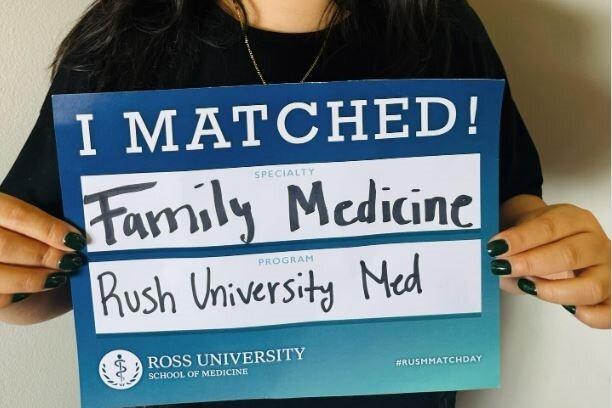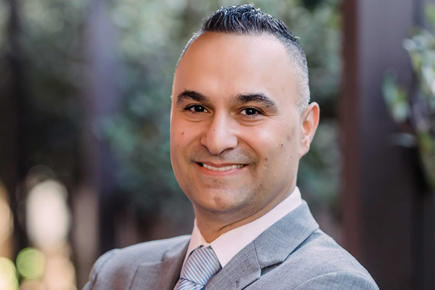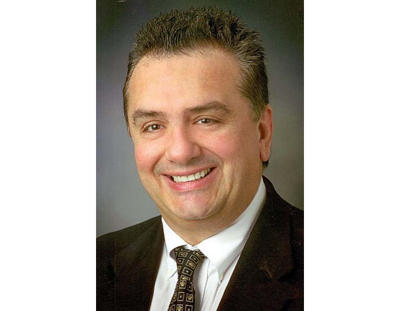Newly matched student Kristen Bortolin (Class of 2016) always knew she wanted to work with kids. Before medical school, she volunteered at The Hospital for Sick Children, a children’s hospital in Toronto—a four-year volunteering stint that opened her eyes to what it would be like as a pediatrician. “[It] galvanized my desire to work with children,” she says.
Her final core rotation as a Ross University School of Medicine (RUSM) clinical student—pediatrics at Mount Sinai Hospital in Chicago—cemented it.
“Though I thoroughly enjoyed all of my core rotations, it was obvious that my true passion was in pediatrics,” says Bortolin, who matched in pediatrics at Western University in London, Ontario, through the 2016 Canadian Resident Matching Service (CaRMS) this year. “I enjoy the complex relationship I will get to have with both a parent and a child—pediatricians play a large role in empowering children to make healthy decisions, which will contribute to their adult health.”
“I Still Can’t Believe I Matched in Canada”
Going into the CaRMS Match, Bortolin knew it would be an uphill battle to claim a residency in her home country. There were only 13 pediatric residency spots available in the entire province of Ontario for international medical graduates (IMGs), and just two available pediatrics spots at Western for IMGs.
“I still can’t believe I matched in Canada,” she says. “I am so honored to have been chosen to train at [Western].”
Western University, she says, was her top choice for residency.
Equipping Students with the Tools for Success
Bortolin says that RUSM provides students with tools to help them succeed in medicine, starting with RUSM’s “strong” Foundations of Medicine (basic sciences) curriculum in Dominica. For clinical rotations, she completed all of her cores at Mount Sinai. “We have great hospital affiliations,” she says.
Moreover, Canadian RUSM students often have the option to complete some of their elective rotations in Canada—a benefit that proved useful to Bortolin during residency preparations.
“This opportunity allows us to identify qualities that Canadian residency programs value so we can work hard to become desirable candidates,” she says.
Bortolin starts residency training in July. Looking ahead, she says she’d like to practice general pediatrics in both hospital and clinic settings—with an eye on fellowship options in the future.



